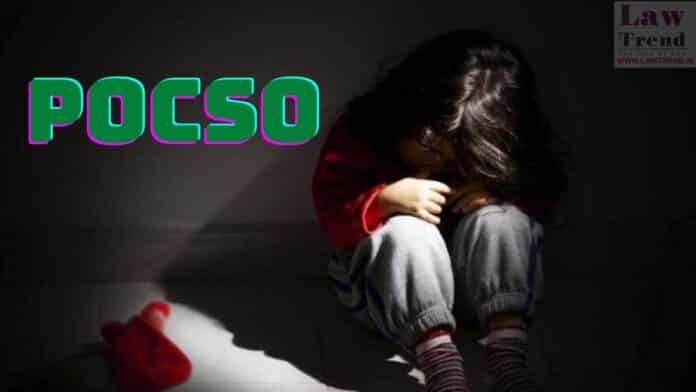The High Court of Delhi, in a significant ruling, has upheld the conviction and sentence of a man for repeatedly raping a minor, holding that the consistent and credible testimony of a child victim is sufficient to sustain a conviction, even in the absence of conclusive forensic evidence. Justice Manoj Kumar Ohri dismissed the appeal
To Read More Please Subscribe to VIP Membership for Unlimited Access to All the Articles, Download Available Copies of Judgments/Order, Acess to Central/State Bare Acts, Advertisement Free Content, Access to More than 4000 Legal Drafts( Readymade Editable Formats of Suits, Petitions, Writs, Legal Notices, Divorce Petitions, 138 Notices, Bail Applications etc.) in Hindi and English.




